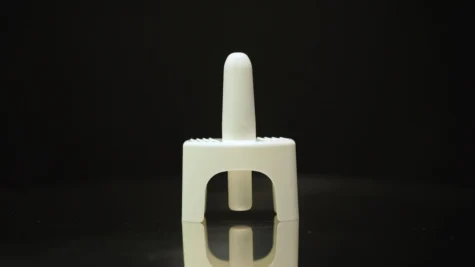If the thought of entering treatment makes you feel a little nervous and scared, you are not alone. Many people considering entering treatment share these emotions, and for any number of reasons. The thought of the unknown, worries about losing the life you are familiar with, and fears about facing a world and your problems without substances or alcohol are just a few of the reasons people avoid or delay entering treatment. In 2021, about 10.4% of people who felt they needed substance use treatment but did not receive it in the past year said it was because “they feared attracting negative attitudes from their communities.” Put another way, the stigma likely prevented them from getting help.
Even if you are ready to enter treatment, knowing where to start can sometimes feel confusing. This article aims to simplify the stages of addiction recovery and help readers understand the first step in entering treatment.
The 5 Stages of Recovery – Simplified
The concept of the five stages of recovery is credited to the transtheoretical model from researchers James Prochaska and Carlo DiClemente. Here is a simplified overview of the stages:
- Pre-contemplation – unawareness or denial that a change is needed
- Contemplation – starting to recognize a problem and considering change
- Preparation – an individual recognizes the need for change
- Action – actively engaging in behavior change
- Maintenance – an individual works to sustain the changes or is “in recovery”
People considering entering treatment will likely be somewhere between the contemplation and preparation stages (stages two and three). These stages may not necessarily be linear; a person can move in and out of stages.
The 5 Steps to Addiction Recovery
Addiction recovery is commonly outlined in five steps. This is different than the five stages of recovery; the five steps are more like a zoomed-in look at stages three and four of recovery (preparation and action):
- Acknowledge the addiction
- Reach out and ask for help
- Receive treatment options
- Enter rehab
- Recover
The First Step in Entering Treatment
The first step in entering treatment is accepting that there is a problem and recognizing that a change is desired. The clinical definition of addiction is “when a person continues to do something despite experiencing major negative consequences.” Getting to the point of admitting there is a problem will look and feel different to everyone. For some people, it involves hitting “rock bottom.” For others, it might be the realization that they genuinely feel powerless over their addiction and know they don’t want to live life that way any longer. Some people talk about a specific event as the turning point and can pinpoint the exact moment when they realized they needed a change. Others describe it as a feeling that came on over time or during a few days, weeks, or even months. Acknowledgment of addiction can be the hardest step in entering treatment.
I’ve Admitted There is a Problem. What Do I Do Now?
If you have acknowledged you have an addiction, you are ready for the next steps in recovery: asking for help, considering treatment options, and entering rehab. Telling family and friends you have an addiction can be a very sensitive conversation. There are a lot of resources online to help you prepare, but here are a few tips for navigating the conversation:
- Be honest about how you are feeling. It’s okay to say you don’t have all the answers about the next steps or that you’ve been feeling lost and confused if that is the case.
- Say that you want help. If you have some treatment options in mind, it is okay to share them. If you don’t know what your next steps are and you feel comfortable asking them for input or help, they might be able to help you lighten the research load or support in other ways.
- Explain why you’re looking for help. Your family and friends may have many questions as they try to understand your journey, but try to help them understand. They are likely to be more helpful once they do.
- Ask them for support. It’s okay to ask them to support you, and if you have some ideas of what would be most helpful to you, feel free to share them.
- Prepare for their reaction. Some family members and friends in your support network might have a reaction due to stigma or other reasons, and they may not understand. Don’t be embarrassed about your decision to seek help, and do your best to remain calm.
Finally, if you are a family member or friend of a loved one who might have an addiction, here is a resource from SAMHSA (Substance Abuse and Mental Health Services Administration) that can help you prepare for the conversation.
The first step in entering treatment can be scary and overwhelming, but having a plan and knowing that you deserve a life of fulfillment can make it easier. Recovery is possible, and you can do this.
Start Treatment at Southern Sky Recovery
Our outpatient facility in Bluffton, South Carolina, is locally owned and operated by people who understand addiction. We bring a practical and compassionate approach to recovery that includes several treatment and therapy options. If you or a loved one have been looking for answers, please call us today to discuss your options. You deserve a life free from addiction.



